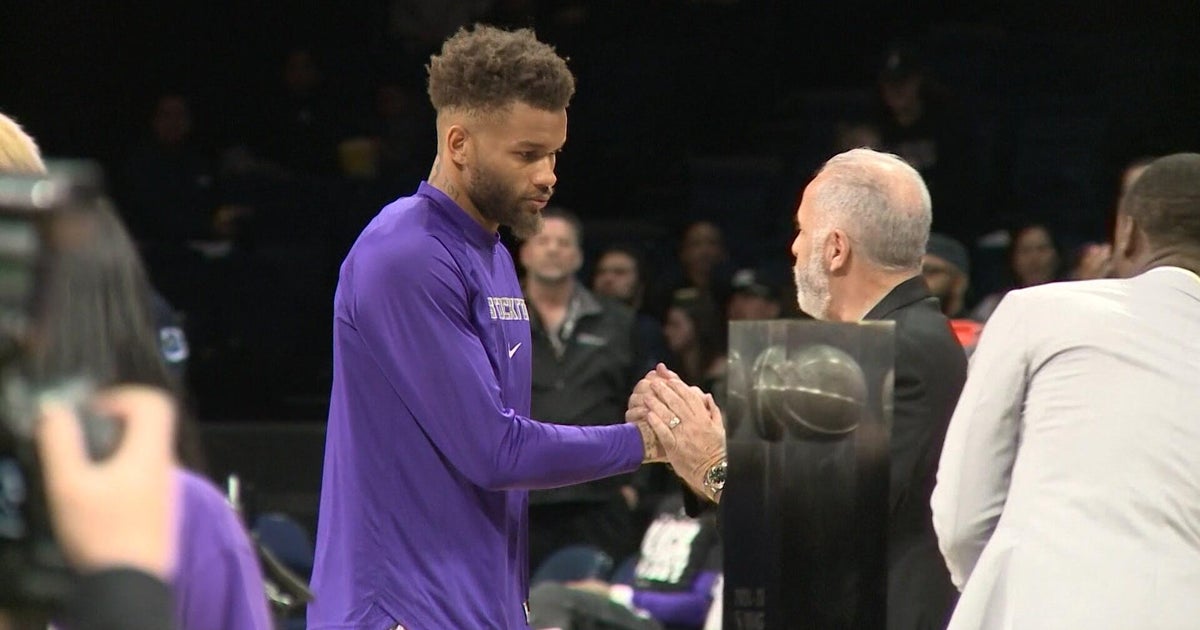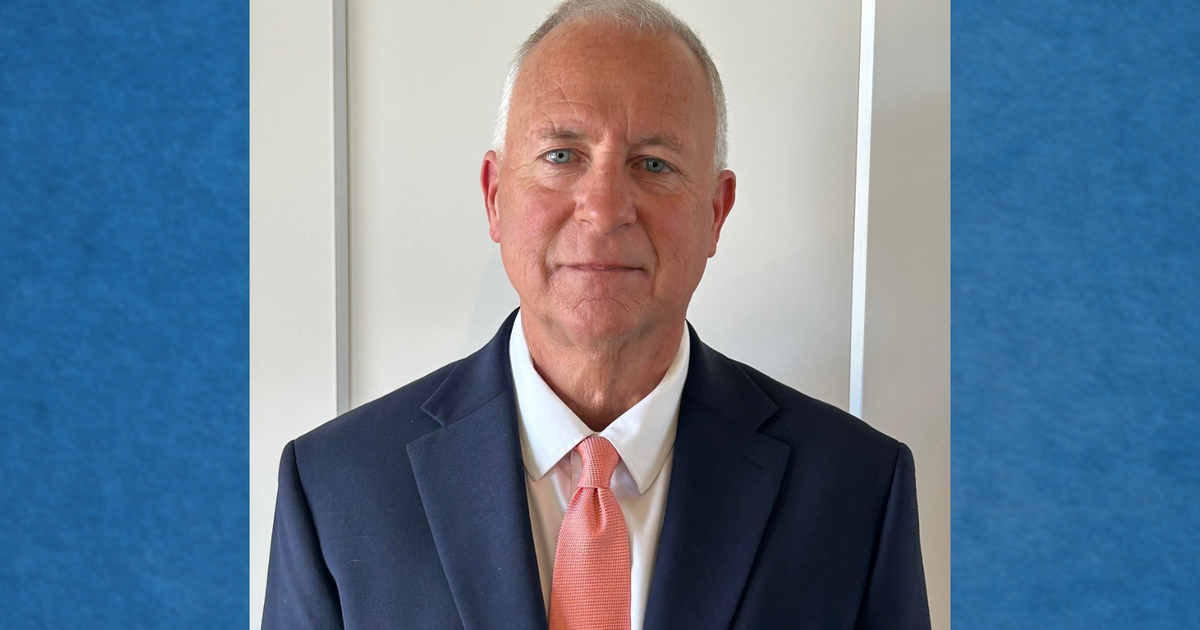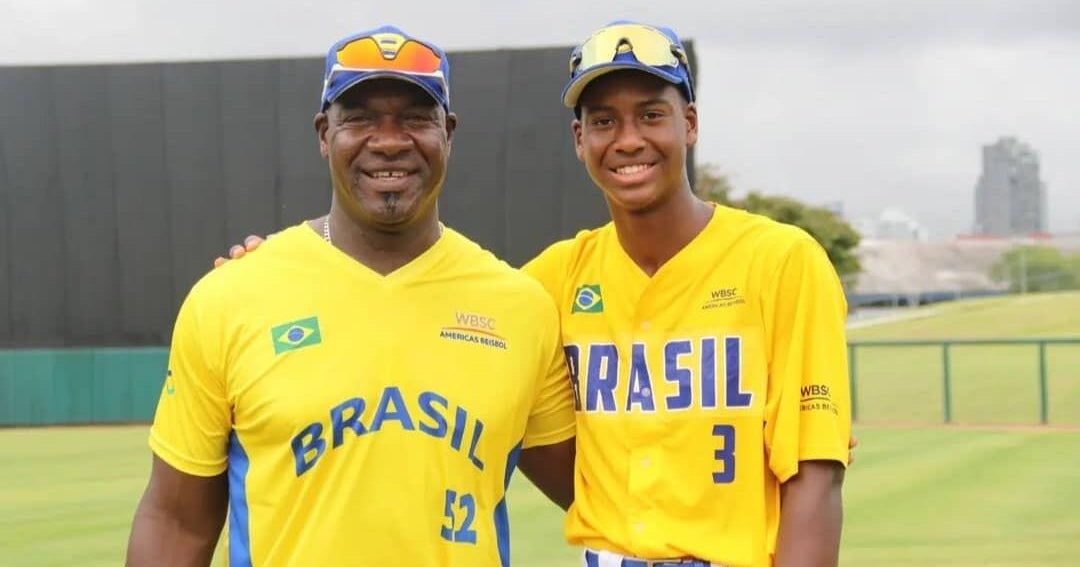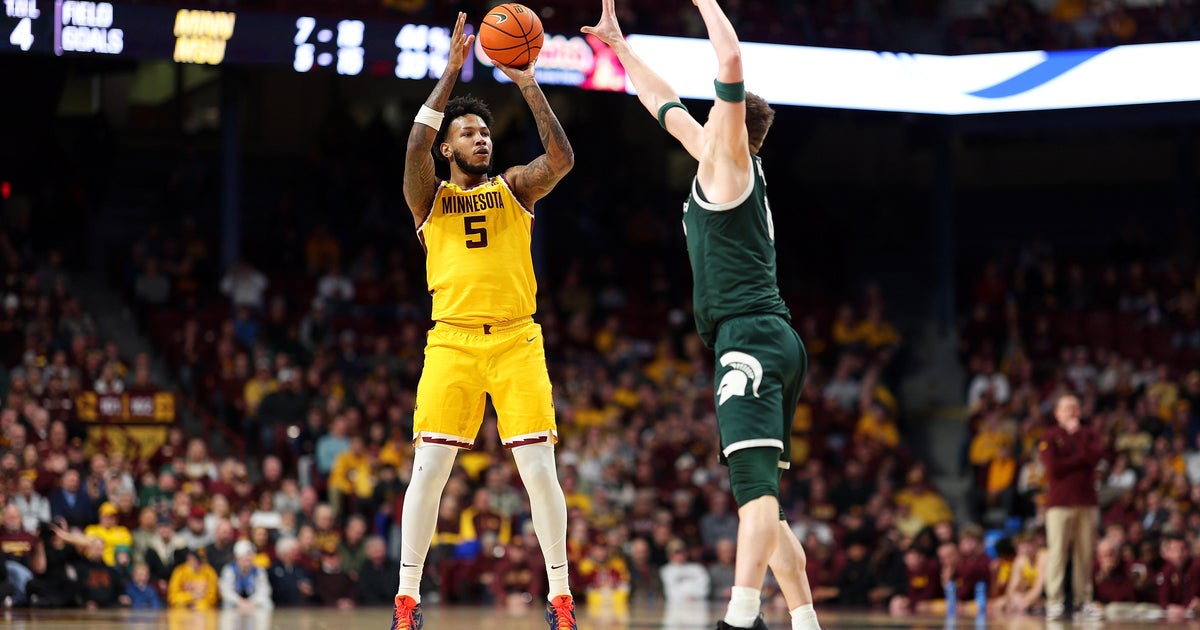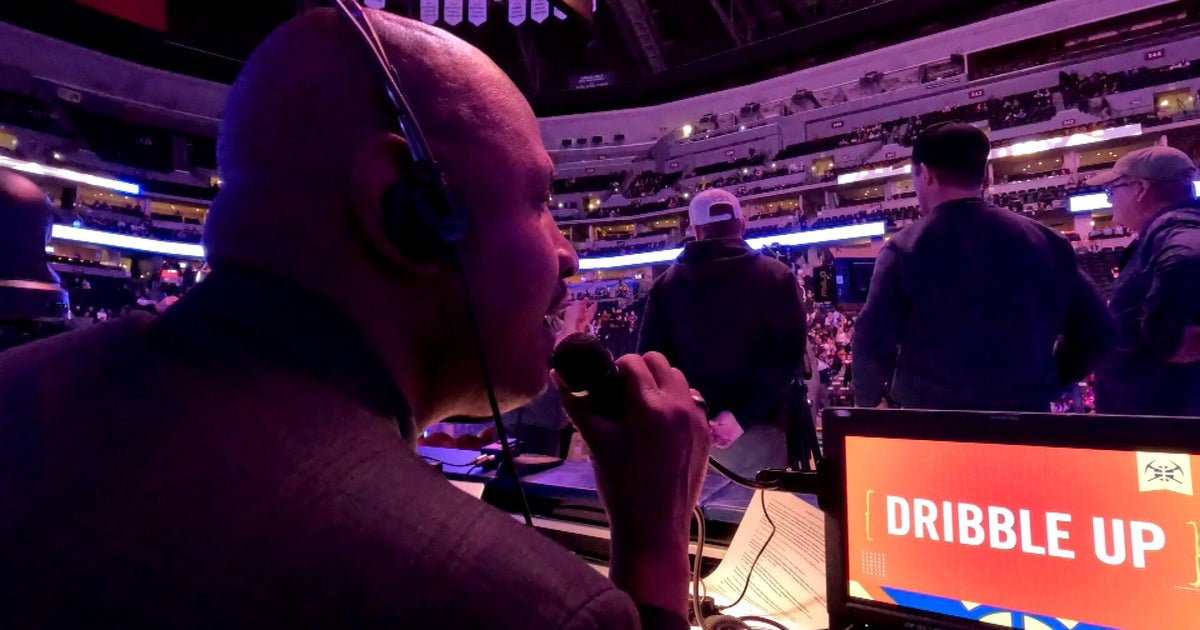Could Concussions Put An End To Football As We Know It?
CHICAGO (CBS) - If you're a Bears fan, you've heard Jay Cutler is being sidelined because of a concussion. But the issue of concussions is much bigger than any one team. It raises the question: could concussions put an end to football as we know it? CBS 2's Bill Kurtis reports.
We're talking about a blow to the head where the brain inside the skull slams against it, causing swelling. Up to now, we've considered it just a part of the football game. Someone rings your bell, you get up and play through it.
But all the fuss that's changing the game these days comes from researchers like those at Purdue University, who point out that a typical high school player will receive an average of 800 blows to the head in a football season.
And even if a player doesn't show symptoms, they could still be suffering from brain impairment.
"When you get hit in the head, clearly some level of force is transferred into the brain that's going to put some mechanical stress on the neural tissue, and that always has some risk for actually causing local strain or damage," said Functional Neuroimaging Specialist Tom Talavage.
Temporary loss of cognitive abilities is one thing; the longer term problem that may show up later in life is the more serious concern.
"The fear in young athletes, in athletes much younger than NFL players, is the fear of second impact syndrome," said Dr. Cherise Russo of Northwestern Memorial Hospital. "That's when an athlete returns to play too soon before the first concussion has resolved. Then you risk brain swelling and brain stem herniation."
Then, there are the tragic cases where a tackle, a block or just falling to the ground results in permanent damage. Suddenly, the consequences of the phrase "hitting hard" takes on a different meaning.
"I was laying on top of my child begging God to keep him alive," said the father of a high school football player.
It doesn't take much imagination to see a different future for football.
Chicago Sun-Times' Rick Telander's son is in his 20s and in college now, but he says, "if he were a little boy coming up, would I stop him from playing football? No. Would I want him to play football? Absolutely not."
Dr. Russo doesn't go so far as to predict the end of football. She says we'll all be smarter if we simply learn to protect the head and neck better.
